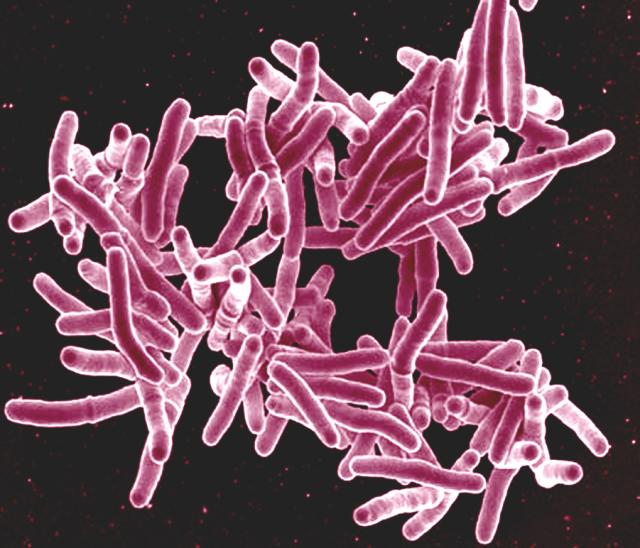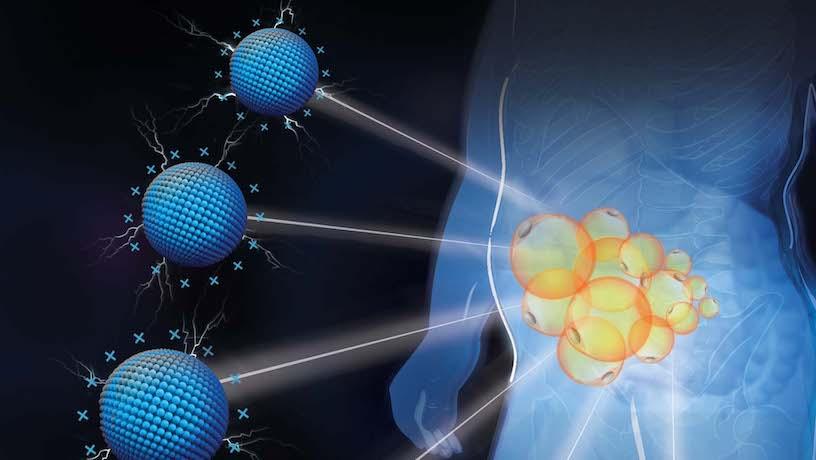Antibiotic resistance is one of the biggest threats to global health today. Researchers have been struggling to develop new antibacterial agents to combat bacterial resistance. But as the scientists keep finding more potent drugs, the microbes find ways to defeat the drugs designed to kill them and keep growing.
Now, an international team of researchers has reported encouraging results from the most extensive case series of patients treated with bacteriophage therapy for antibiotic-resistant infections.
Led by scientists at the University of California San Diego School of Medicine and the University of Pittsburgh, the team used bacteria-eating viruses to treat 20 complex, antibiotic-resistant mycobacterial lung infections. All these patients had varying underlying conditions, such as cystic fibrosis (CF), an inherited and progressive disease that leads to severe damage to the lungs and other organs.
Non-tuberculous mycobacteria (NTM) are a class of bacteria that occasionally cause lung infections. Patients with cystic fibrosis or any other chronic disorders that damage or destroy the bronchi in the lungs are more likely to get NTM infections. Treating NTM infections is highly challenging due to bacterial resistance to antibiotics.
The treated patients showed no side effects, and more than half had favorable clinical results.







